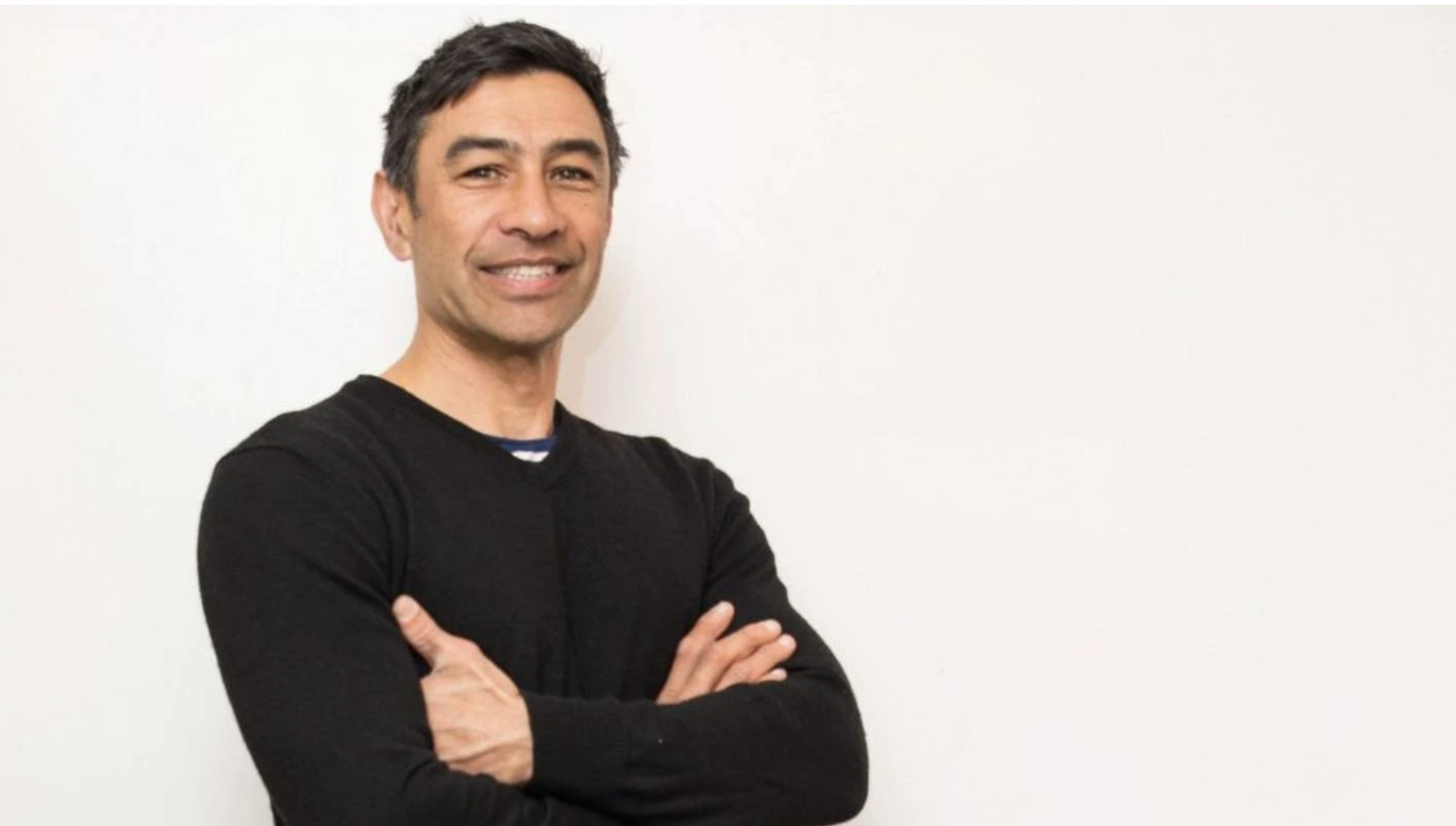Robert is determined to “be happy” back in New Zealand after being deported from Australia under Section 501.
Former rugby league star Richie Barnett is about to take on his next big challenge – deportees from Australia.
The 47-year-old has teamed up with reintegration agency People at Risk Solutions (PARS) and will act as a mentor to the next wave of deportees, 500 of which PARS has already supported since 2015.
Barnett says people need a purpose in life and is really keen on helping some of the deportees find that.
“They’ve served their time, yet they’re getting (deported) back to a country which is foreign to them,” says Barnett.
More than 1300 Kiwis who served out their sentences in Australian prisons have been deported back to New Zealand since 2014. This is the focus of a new documentary entitled Section 501 that will air on Māori Television on Monday at 8.30pm.
It follows deportees Mark and Josh arriving back in New Zealand and attempting to rebuild their lives.

Former rugby league player Richie Barnett is joining forces with PARS to mentor Kiwi criminals who are deported here from Australia.
“There is a real rawness – it’s pretty impactful.
“I’ve heard people say ‘send the bastards back; we don’t need them in our country’. One thing I think we have to understand is that they’ve served their time. They’re coming into an environment in New Zealand where they have no ties, and it’s a harsh reality,” says Barnett.
Barnett said he could relate to with the deportees as he had to build a new life in a foreign country as a youngster. He went over to Australia as a 19-year-old to play rugby.
He added that his wife, Carrie, used to be a police detective in Sydney, which gave her a lot of insight into this issue.
“She’s a massive supporter of what I do,” said Barnett.
He confirmed that he had already met with one Australian deportee about a month ago as part of a pilot for this volunteer mentoring programme.
“We got this deportee and I had some good conversations with him,” said Barnett.
Mark, one of the deportees in the documentary, says New Zealanders will be surprised by the number of criminals who are waiting to be deported here.
“There are hundreds of boys waiting to come back here, Australia does not care.”

Mark is one of two Australian deportees who feature in a new documentary called Section 501.
But he never imagined he’d be one of them.
“I got a letter in the mail and it said they were looking at deporting me. To be honest I didn’t really take it seriously,” says Mark, who lived in Australia for 32 years and has a teenage daughter who was born there.
During his first weekend in New Zealand, Mark was assaulted by another deportee at his motel. After the attack, which broke a dental plate in his teeth, he had to find somewhere else to live.
Like Mark, one of Josh’s biggest concerns about returning to Auckland was finding accommodation.
“Everywhere I walk there’s someone sleeping on the street. I don’t want to end up like that. I’m starting to get stressed, anxious, not only about myself but about my son coming over,” he says.
Josh viewed 15 properties within a week but was rejected for all of those he applied for – after being in jail for more than a year he doesn’t have many references.
Barnett wants to help as many deportees as he can. He says throwing them under the bus is just going to make matters worst.

Australian deportee Josh is the subject of a new documentary called Section 501.
“It’s just a stupid, silly, one-dimensional mindset that I struggle with.
“They’re set for failure if I’m being brutally honest. Normal people get by, and they still fail, so for these guys, that have got social and mental issues, how are they supposed to cope?”

Former rugby league player Richie Barnett is joining forces with PARS to help mentor Kiwi criminals who are deported from Australia.
Source: Sunday Star Times
Reporter: Jacques Steenkamp
PARS
Client: Robert
Volunteer: Richie Barnett

